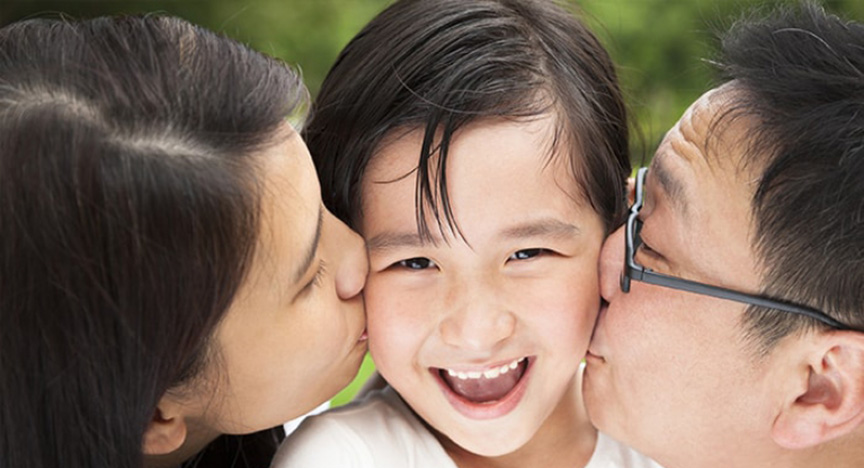
Mental health and emotional wellbeing are an essential part of a child’s development. At different stages of life, our children will face challenges, setbacks, experiences and opportunities. To support them to get the most out of these experiences, it’s important to help them develop some healthy habits. Research shows that doing this will set them up to be more adaptable and therefore be more emotionally resilient through life experiences.
Here are some tips on how you can support good mental health habits in your kids:
Get moving to feel good
Regular exercise is not only important for physical health; it can have a significant impact on mental health, too. Physical activity releases endorphins and serotonin which are chemicals that can help make us feel good. Exercise doesn’t have to be challenging, it can include fun family activities like kicking a ball around in the park, going for a swim, or just walking to the shops instead of driving. Research has also shown that active participation in a sports team has a positive effect on mental health and can boost self-confidence, especially in young girls.
A good night’s sleep
Sleeping well is another important factor in maintaining mental health and wellbeing in kids. Sleep is the body’s time to recover, recharge and get ready for the next day. Ensuring a good night’s sleep can be helped by following some simple steps like: sticking to the same bedtime routine every day, avoiding screen time before bed, ensuring a child’s bedroom is comfortable and cozy, and doing relaxing activities before bed.
Stress management
Stress has many good attributes; it reminds us that we care and it connects us directly with the most challenging and important aspects of our lives. In fact, the evolutionary goal of the stress response was to help boost the body and mind into enhanced functioning so we could learn and grow to be able to meet the demands we might face.
However we need to be able to teach our kids the difference between healthy stress and being too ‘stressed out’. It’s always handy to have one strategy to turn to when we feel our stress levels rising. Some good strategies to teach our kids include learning to take slow, deep breaths to provide extra oxygen and lower the heart rate; or going for a walk to remove themselves from the stressful situation.
Downtime is good
Children, especially younger children, need time to relax away from electronic devices. Downtime and bored time are necessary for a child’s development. This is different to being occupied by electronic games or television, as it gives a child the freedom to explore, be creative and learn to rely on themselves.
Make time for friends and family
In this day and age it is a challenge to spend quality time as a family, but making time for this is worth the huge benefits it will have on your children and your family. Children who spend quality time with their families have more self-confidence and are more sociable because they sense their parents value them. An easy way to spend quality time together as a family is to ensure that dinner time is free of distractions such as TV, video games and mobile phones.
Practise what you preach
All of the tips given above can be applied to parents, too. It’s important to look after yourself as a parent so you can provide support for your children. Showing your child that you are willing and open to looking after yourself will also encourage them to be more positive about looking after themselves, too.
If you or someone you know is struggling to balance mental health issues and parenting, see your doctor or visit www.copmi.net.au for more information.